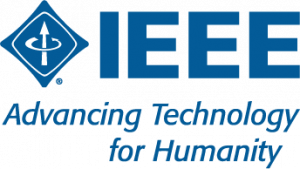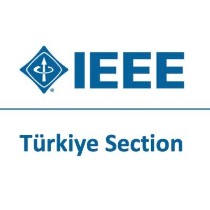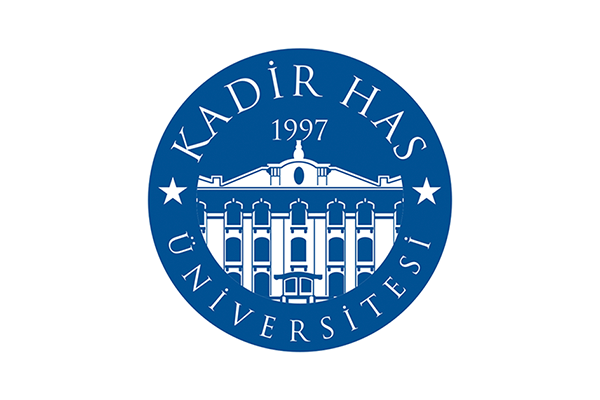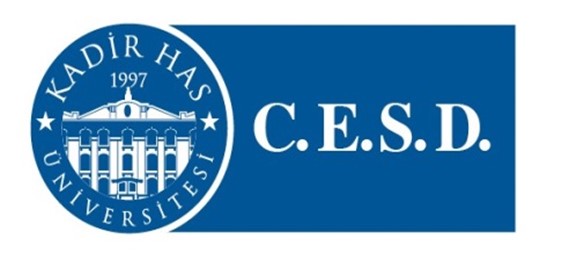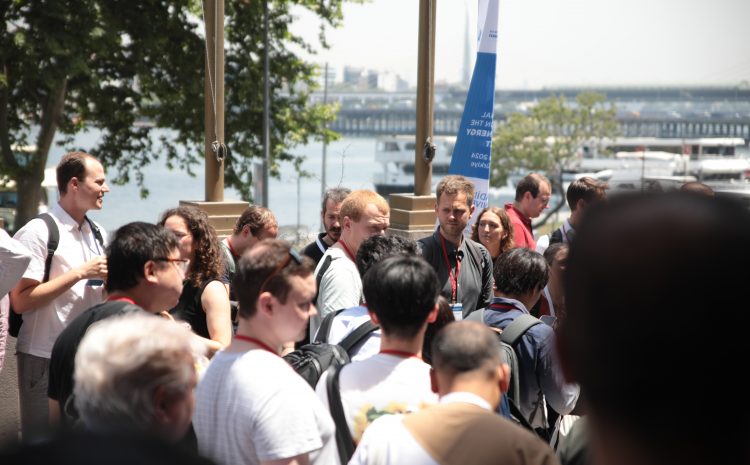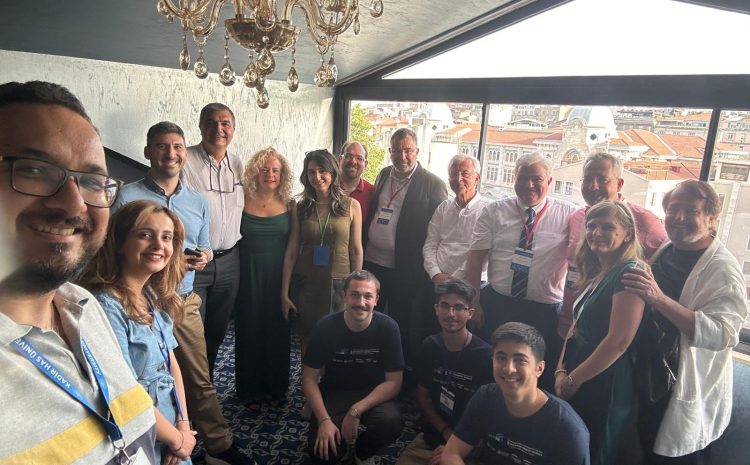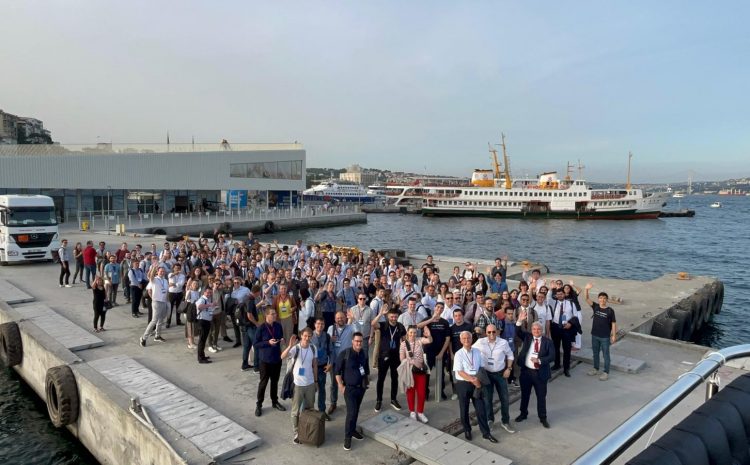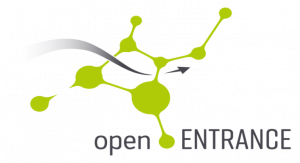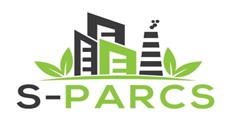The International Conference on European Energy Market
EEM24 Conference
- 10 – 12 June 2024, Istanbul, Türkiye
Thank you for joining EEM24!
About EEM24
The International Conference on European Energy Markets (EEM) is one of the well-established energy conferences in Europe. For the last 20 years, it has been bringing together experts from scientific, industry and policy domains, to discuss a wide range of topics related to energy markets. These include approaches and solutions related to energy modelling, market design, regulatory policies, climate change, etc. An important focal point is discussions on the changes that the energy sector is expected to undergo in the short and long term, and the challenges that come with it. In addition to previous years, the topics of hydrogen economy and energy citizenship are emphasized.
The conference has a long tradition, which started in 2004 in Lodz, Poland and continued in Warsaw and Cracow in 2006 and 2007 respectively. The next conferences were held in Lisbon, Leuven, Madrid, Zagreb, Florence, Stockholm, Cracow, Lisbon, Porto, Dresden, Lodz, Ljubljana, Stockholm, Ljubljana and Lappeenranta.
In 2024, the 20th International Conference on the European Energy Market (EEM24) will be organized for the first time by Center for Energy and Sustainable Development, Kadir Has University in Istanbul, Türkiye.
Technical Sponsors
